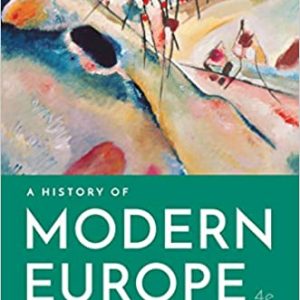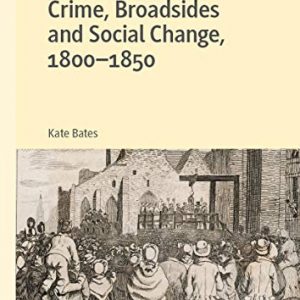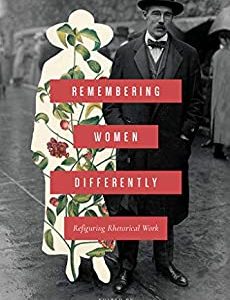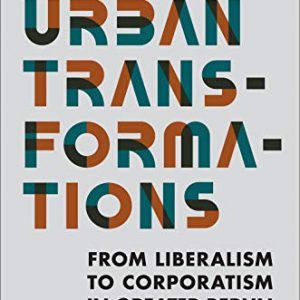Homes for unmarried men and women, or Ledigenheime, were built for nearly every powerful interest group in Germany-progressive, reactionary, and radical alike-from the mid-nineteenth century into the 1920s. Designed by both unknown craftsmen and renowned architects ranging from Peter Behrens to Bruno Taut, these homes fought unregimented lodging in overcrowded working-class dwellings while functioning as apparatuses of moral and social control. A means to societal reintegration, Ledigenheime effectively bridged the public-private divide and rewrote the rules of who was deserving of quality housing-pointing forward to the building programs of Weimar Berlin and Red Vienna, experimental housing in Soviet Russia, Feminist collectives, accommodations for postwar “guestworkers,” and even housing for the elderly today.
-65%

Juvenile Crime and Dissent in Nazi Vienna, 1938-1945
$103.50 Original price was: $103.50.$36.22Current price is: $36.22.

Sectarianism and Renewal in 1920s Romania: The Limits of Orthodoxy and Nation-Building
$103.50 Original price was: $103.50.$36.22Current price is: $36.22.
Single People and Mass Housing in Germany, 1850–1930: (No)Home Away from Home (Visual Cultures and German Contexts)
$103.50 Original price was: $103.50.$36.22Current price is: $36.22.
Please note this is an Ebook, not a Paperback Or Audio Book!
SKU:
978-1501342721
Category: History
Description
Unsettling traditional understandings of housing reform as focused on the nuclear family with dependent children, Single People and Mass Housing in Germany, 1850-1930 is the first complete study of single-person mass housing in Germany and the pivotal role this class- and gender-specific building type played for over 80 years-in German architectural culture and society, the transnational Progressive reform movement, Feminist discourse, and International Modernism-and its continued relevance.
Shipping & Delivery









